Upcomer’s staff has gotten together to pick which teams look the strongest heading into the League of Legends 2021 World Championship. They have years of esports writing experience under their collective belts and represent the collective wisdom of LoL pundits. But through alacrity.gg, I have a different approach.
Alacrity’s quantitative predictions model can be used for more than just bets, and now I’m using it to bring you that same power ranking from the unfeeling and unbiased perspective of an algorithm.
Let’s jump straight to the rankings themselves, side by side with the staff picks:
| Rank | Upcomer | Alacrity | Change |
| 1 | Edward Gaming | Royal Never Give Up | +3 |
| 2 | FunPlus Phoenix | Edward Gaming | -1 |
| 3 | DWG KIA | FunPlus Phoenix | -1 |
| 4 | Royal Never Give Up | DWG KIA | -1 |
| 5 | MAD Lions | Gen.G | +4 |
| 6 | T1 | MAD Lions | -1 |
| 7 | LNG Esports | Fnatic | +4 |
| 8 | PSG Talon | LNG Esports | -1 |
| 9 | Gen.G | PSG Talon | -1 |
| 10 | 100 Thieves | Cloud9 | +5 |
| 11 | Fnatic | Rogue | +5 |
| 12 | Team Liquid | Team Liquid | 0 |
| 13 | Hanwha Life Esports | Galatasaray Esports | +5 |
| 14 | Beyond Gaming | 100 Thieves | -4 |
| 15 | Cloud9 | T1 | -9 |
| 16 | Rogue | Hanwha Life Esports | -3 |
| 17 | DetonatioN FocusMe | DetonatioN FocusMe | 0 |
| 18 | Galatasaray Esports | Infinity Esports | +3 |
| 19 | Unicorns of Love | RED Canids | +3 |
| 20 | PEACE | Unicorns of Love | -1 |
| 21 | Infinity Esports | PEACE | -1 |
| 22 | RED Canids | Beyond Gaming | -8 |
Model methodology
Before talking about specific placements, it’s important to talk a bit about how these rankings were generated.
The model simulated a massive group stage/round robin where each team played each other team. Teams were placed according to expected record, and teams that had better average performance against the whole field placed better.
As a result, this creates a fair comparison of how teams stack up against each other — but that does not reflect the model’s prediction of the final outcomes of Worlds. Tournament structure, group composition, the longer path from play-ins and other logistical nuances mean that the tournament will play out very differently.
These are hypothetical matches, so remember that there is no information on side selection advantage. Each match was run for either possibility and then I took the average. Each team was also simulated using their starting roster at full capacity.
Finally, as matches play out in reality, that information will get incorporated into the model. The predictions will keep up with the tournament and may start to differ from ones here.
Ranking differences
A fair number of teams have similar placement in both rankings, but there are some large discrepancies. Let’s dive into a few of the bigger ones.
T1

Alacrity’s model has T1 a full nine places lower than Upcomer did. While they’re a strong team, they’re also very inconsistent.
The model finds that the entire middle of the pack is fairly evenly matched. Most teams in the seventh through sixteenth spots are within a 45/55 split of each other, so those matchups could really go either way. T1 have fallen on the lower end of that range, with, on average, slightly losing odds against their peers.
They are also calculated at around 33-40% win probabilities against the top end of the field, so while an upset of that magnitude is certainly not impossible (and I fully expect at least a few of them), T1 can’t quite hang with the big boys.
On the flip side, they’re solidly stronger than any team below them, with a similar magnitude of difference against the bottom of the list. While my ranking may have them on the lower end of their potential range, I think there’s very little chance of them dropping any lower.
Beyond Gaming
BYG have jumped from a respectable 14th place in Upcomer’s rankings to dead last in mine. In fact, fourteenth puts them at the top of their Play-In group, so we’ll see pretty quickly how that shakes out.
There’s not a whole lot to say from the model’s perspective. They are unfavored against literally every other team in the tournament. They did give PSG a hard time in the PCS Playoffs, and I have PSG ranked in ninth, so they certainly have potential. The model just doesn’t believe they have the consistency to win against real pressure.
Cloud9

C9 jump from 15th to 10thin my ranking. Like T1, I find there is a very tight skill gap between them and the rest of the midfield. The biggest difference here is their ranking relative to their LCS peers. Having been relegated to the Play-In Stage, the instinct is that they are weaker than 100 Thieves or Team Liquid.
But In fact, my model actually finds them very slightly favored against their fellow regional representatives. With a 51.3% win probability against TL and a 52.5% probability against 100, they’re hardly dominant, but these small advantages add up in the long run.
LEC

All three LEC teams have an obvious comparison point to each other. At the top, MAD Lions are consistently strong. They move from fifth to sixth in my ranking as Gen.G squeeze just ahead, but they are still clearly the top European contender.
Rogue and Fnatic have both moved up in my placements, as I simply don’t believe there is that strong of a skill gap between them and MAD. RGE have gone from 16th to 11th, while FNC have gone from 11th to seventh.
RGE are still the weaker of the three according to my model, but I think people are too fixated on their poor summer playoff performance, where they played 0-3 sets against both MAD and FNC. Rogue were the top summer split team, however, and went 1-1 against both of those teams then, so they can keep up when they’re playing well.
Fnatic are also just one spot below MAD in my ranking. That specific matchup is 55/45 in MAD’s favor, which is significant but not overwhelming. Their lackluster summer split performance is overshadowed by their fantastic run through the lower bracket to the playoff final, where they proved that they can rise to the pressure and keep performing.
Galatasaray Esports
GS may be my sleeper pick for the tournament. They have a tough battle ahead, starting in the play-ins, but if they can make it out, they stack up reasonably well against other midfield teams. On even footing, my model places them in a respectable 13th place. This is bolstered by my analysis of Beyond Gaming. If BYG are indeed a weaker team than they’re given credit for, GS will have a much easier time breaking out of their play-in group.
Top and bottom shelves

On the top end of the ranking, the same usual suspects appear. My model believes Royal Never Give Up are the strongest team in the tournament, so the other three superpowers are shifted down. I agree with the rest of Upcomer, though, that FunPlus Phoenix are slightly overrated. They’ve obviously an incredibly strong team, but Edward Gaming are just slightly stronger (and 51.6/48.4 in their direct matchup).
We also agree, generally, on the bottom end of the field. DFM, INF, RED, UOL and PCE are all weaker than most of the other contenders, with some disagreement on the relative order of that tier.
Final takeaways
A few final takeaways and thoughts regarding a quantitative approach versus an analytical, qualitative view:
The midfield is incredibly close at Worlds this year. Pretty much any team that isn’t obviously in the top or bottom tiers has a chance against any other such team. Rankings across the midfield will vary widely from source to source, but the truth is these teams are a few percentage points apart, at most, according to the quantitative view, so guessing their final placement correctly is more luck than anything else.
A lot of power rankings take the tournament structure into account (consciously or not) and are more a reflection of each team’s prospects in the tournament than a true comparison of their raw talents. It’s sort of the default to just place the ten Play-In Stage teams at the bottom, which isn’t entirely fair to their real strength, vis-a-vis the other teams.
Finally, quantitative models are calibrated to predict as many matches as possible as well as possible. Their strengths include being broad applicability and the ability to cover dozens of matches a day. But individual teams or matchups may have unique quirks that do not translate well to algorithms. There is still plenty of room for pundit expertise to shine, and the best view of a high-stakes tournament like this is probably a healthy mix of both approaches.
Quantitative models are still the best way to systematically find value in the odds market. To properly calculate value and find opportunity, you need specific probabilities and a rigorous, unemotional approach.


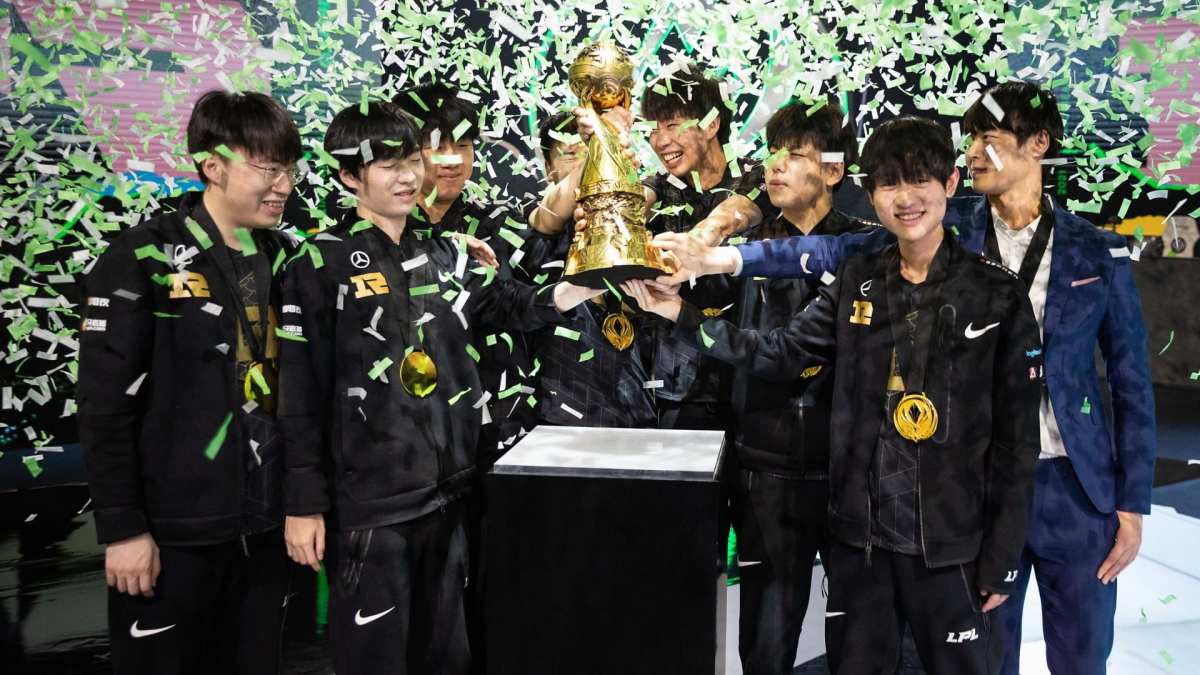
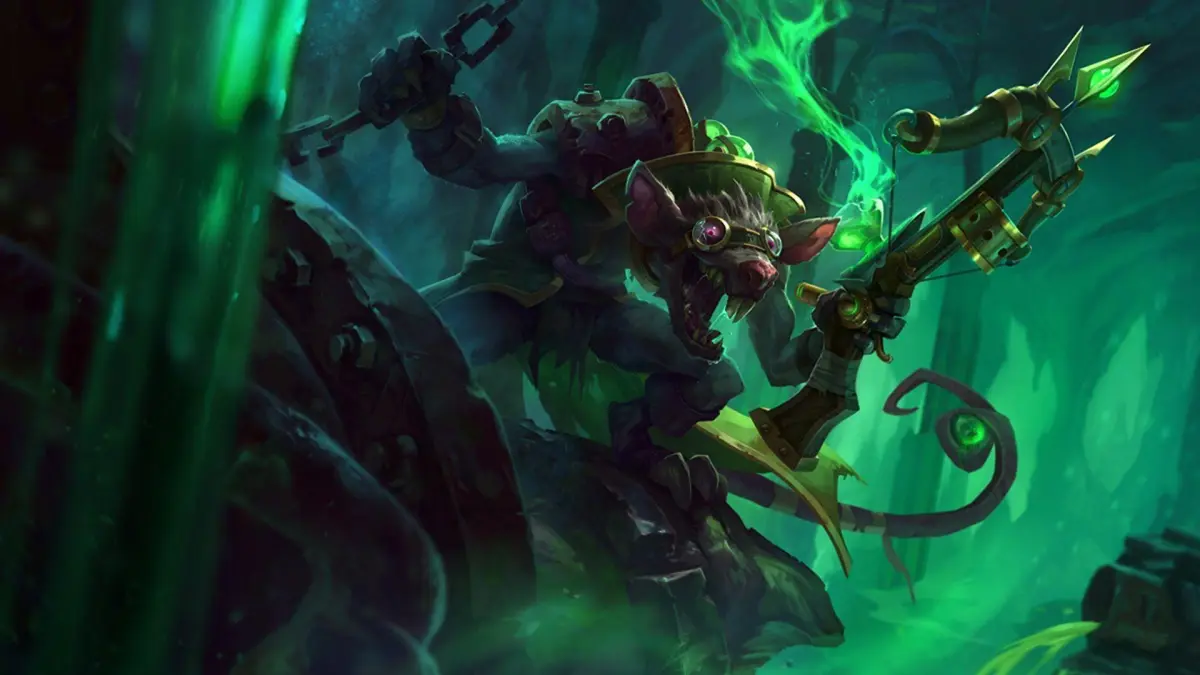
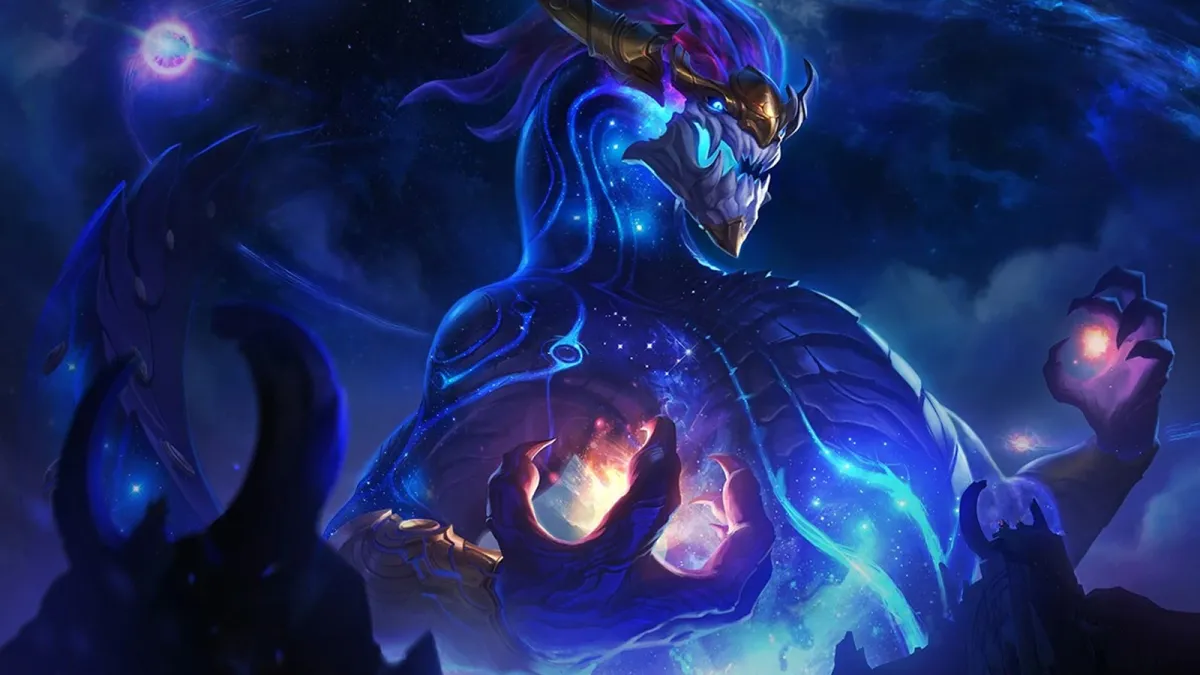
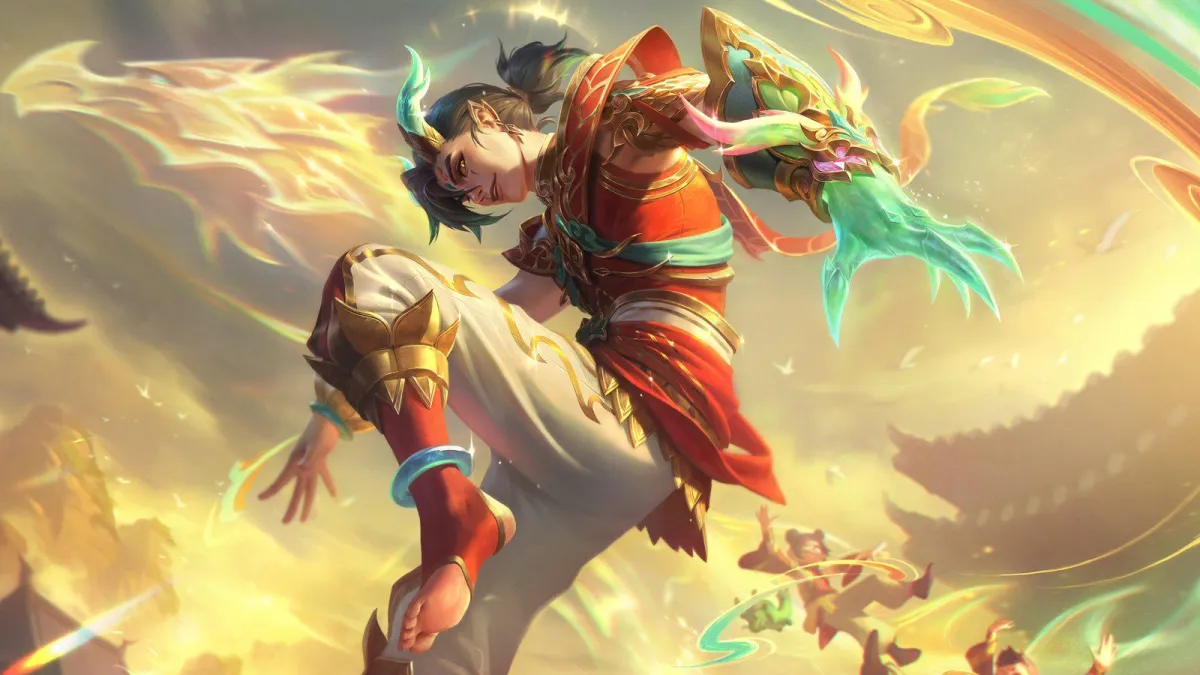
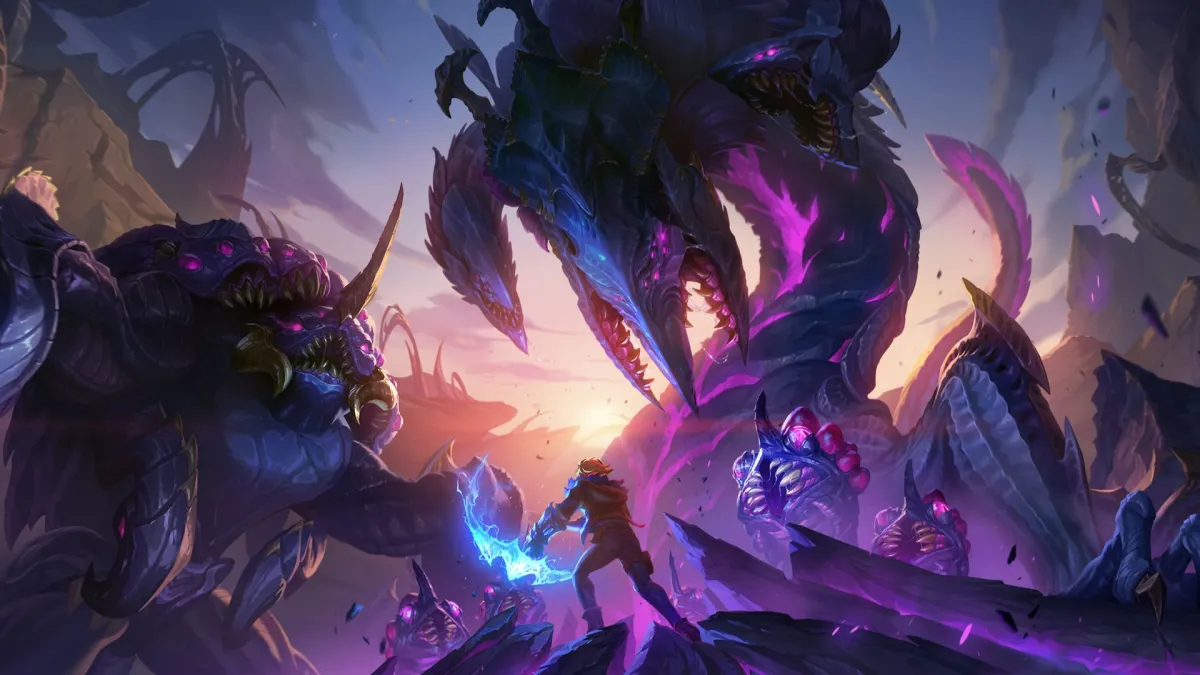
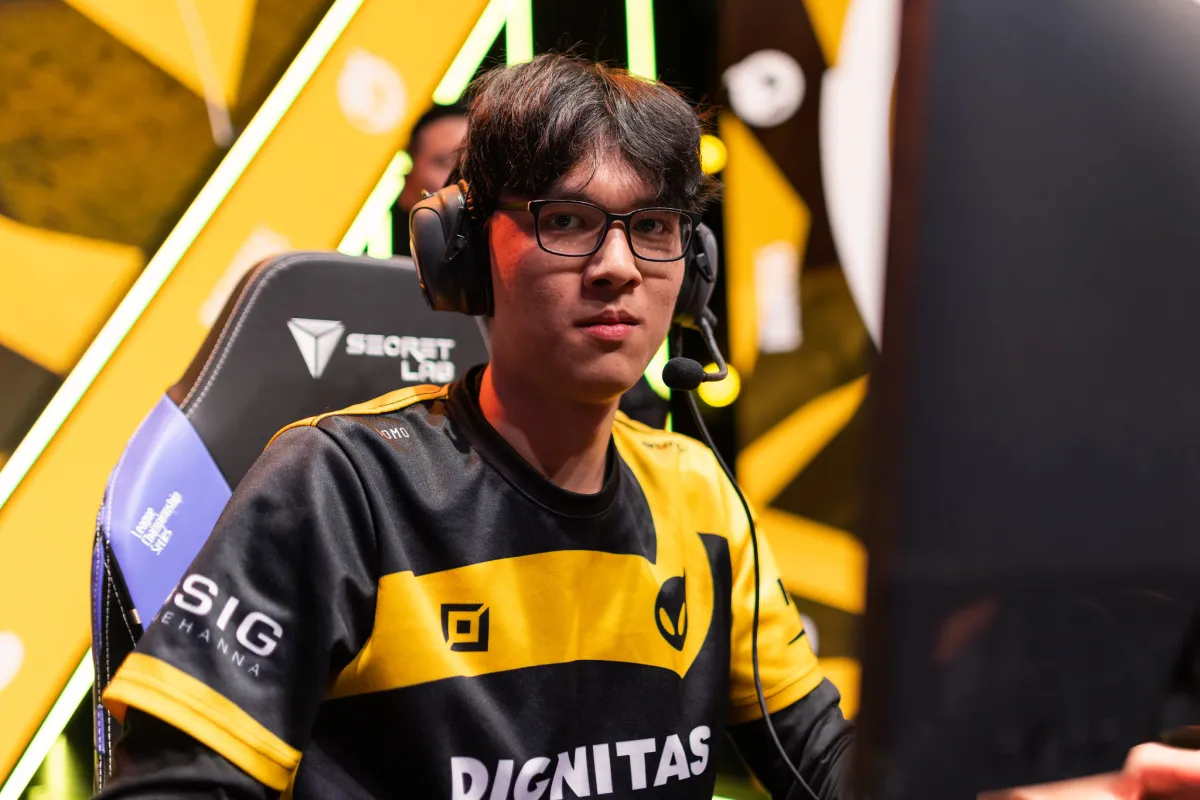
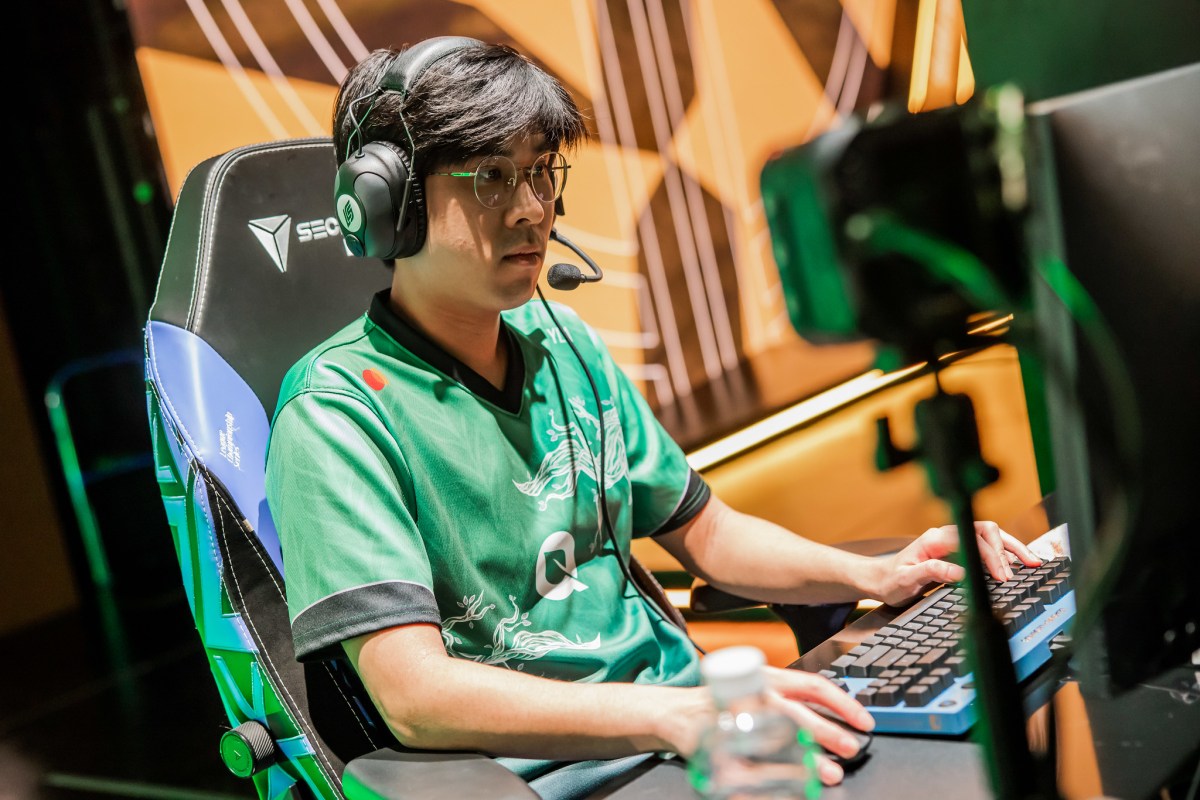

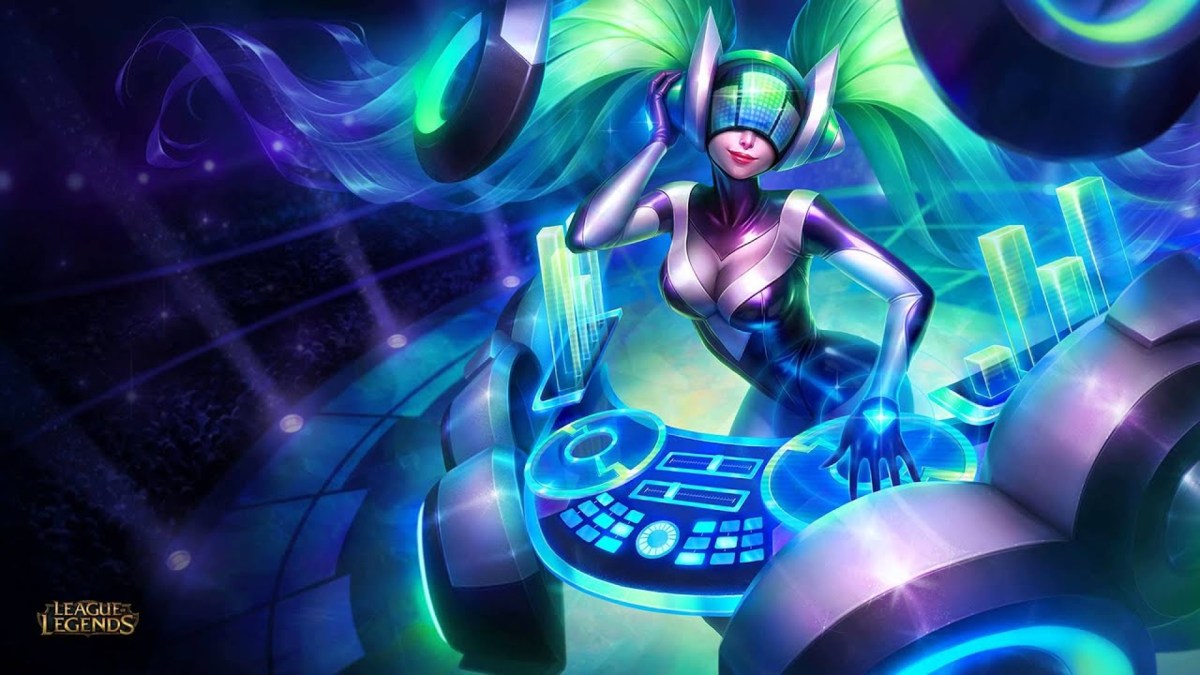

Published: Oct 4, 2021 03:56 pm